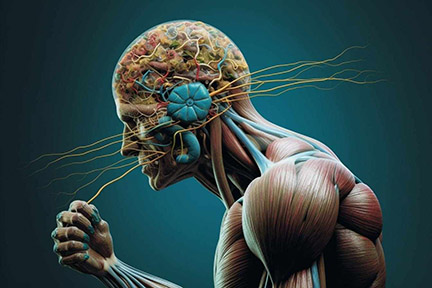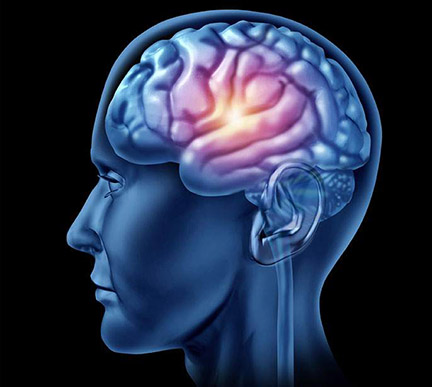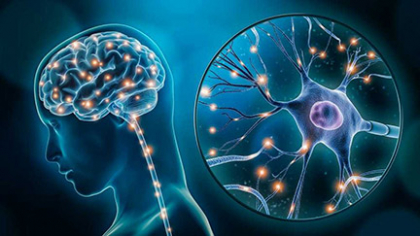Pursuing a Master’s Degree in Neuroscience: Unleashing the Potential of the Human Brain
By Gaby Yazigi
Editor-in-Chief
Globe University Guidance founder and GM
In today’s rapidly advancing world, the study of the human brain has become increasingly important. Neuroscience, the scientific exploration of the brain and its functions, has captured the curiosity of many. Pursuing a Master’s degree in Neuroscience offers students a unique opportunity to delve deeper into this fascinating field and contribute to our understanding of the brain’s complexities. In this article, we will explore the potential career paths, as well as the job description, that await graduates in the field of neuroscience.
Career Paths in Neuroscience
1. Research Scientist
Graduates with a Master’s degree in Neuroscience often find employment in research institutes, universities, and pharmaceutical companies. They engage in cutting-edge research to unravel the mysteries of the brain, studying various aspects such as neural development, cognitive processes, and neurodegenerative disorders. Through experiments, data collection, and analysis, research scientists contribute to the advancement of knowledge in the field.
2. Clinical Neuroscientist
A Master’s degree in Neuroscience can also pave the way for a career as a clinical neuroscientist. These professionals work closely with medical teams to diagnose and treat neurological disorders, such as epilepsy, Alzheimer’s disease, and stroke. They utilize their extensive knowledge of the brain’s structure and functioning to provide valuable insights for patient care and treatment plans.
3. Neuropharmacologist
Neuropharmacologists play a crucial role in the pharmaceutical industry. With their expertise in neuroscience, they focus on developing and testing drugs that target the brain. By studying the effects of different compounds on brain function, neuropharmacologists contribute to the development of medications for a wide range of neurological disorders.
4. Neuropsychologist
Master’s graduates in Neuroscience can pursue a career as a neuropsychologist. These professionals assess and study the relationship between brain function and behavior. By conducting assessments and interviews, they help diagnose and treat individuals with cognitive impairments, psychological disorders, and neurological conditions. Neuropsychologists work in hospitals, rehabilitation centers, research institutions, and private practice.

Job Description in Neuroscience
Regardless of the specific career path chosen, professionals with a Master’s degree in Neuroscience will engage in various activities, including:
1. Conducting Experiments
Neuroscientists are required to design and conduct experiments to test hypotheses and gather data. This involves a range of techniques, such as MRI scans, electrophysiology, behavioral assessments, and molecular analysis. These experiments help uncover vital insights into brain function and characterize complex neurobiological processes.
2. Data Collection and Analysis
Accurate data collection is essential in neuroscience research. Researchers meticulously analyze collected data using statistical methods and specialized software. The analysis allows for the identification of specific patterns, trends, and correlations, which are then interpreted to draw meaningful conclusions.
3. Literature Review
Neuroscientists must keep up-to-date with the latest research findings and advancements in the field. Conducting literature reviews allows them to understand current theories, methodologies, and gaps in knowledge. This helps guide their own research and contributes to the broader understanding of neuroscience.
4. Collaboration and Communication
Effective collaboration and communication skills are vital in the field of neuroscience. Researchers often collaborate with other scientists, clinicians, and professionals in related disciplines to exchange ideas and expertise. Additionally, they may present their findings at conferences, publish research articles in scientific journals, and engage in public outreach to share their discoveries with the wider community.

Conclusion
Pursuing a Master’s degree in Neuroscience offers an exciting pathway into a field filled with incredible opportunities for research, discovery, and impact. From unraveling the mysteries of the brain to developing treatments for neurological disorders, neuroscientists play a vital role in pushing the boundaries of human knowledge and improving lives. If you have a passion for understanding and unlocking the potential of the human brain, a Master’s degree in Neuroscience may be the ideal educational pathway for you.






















